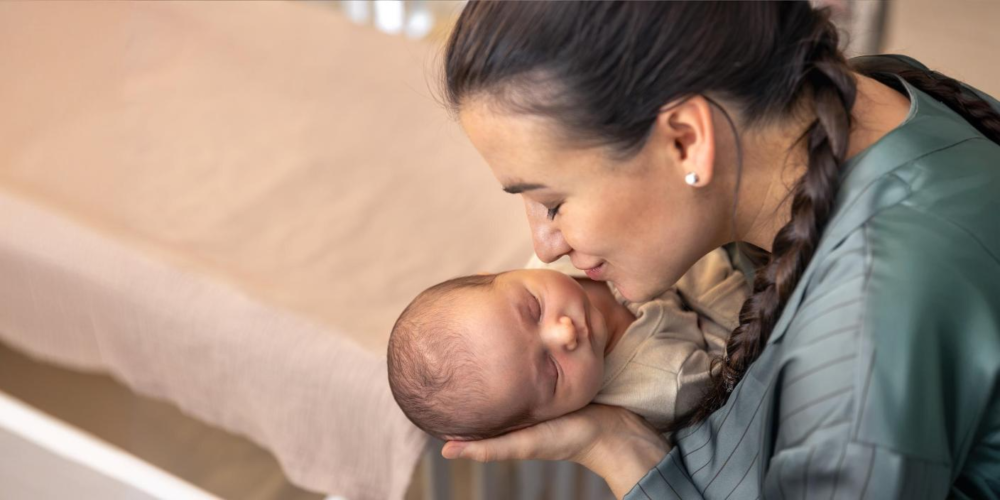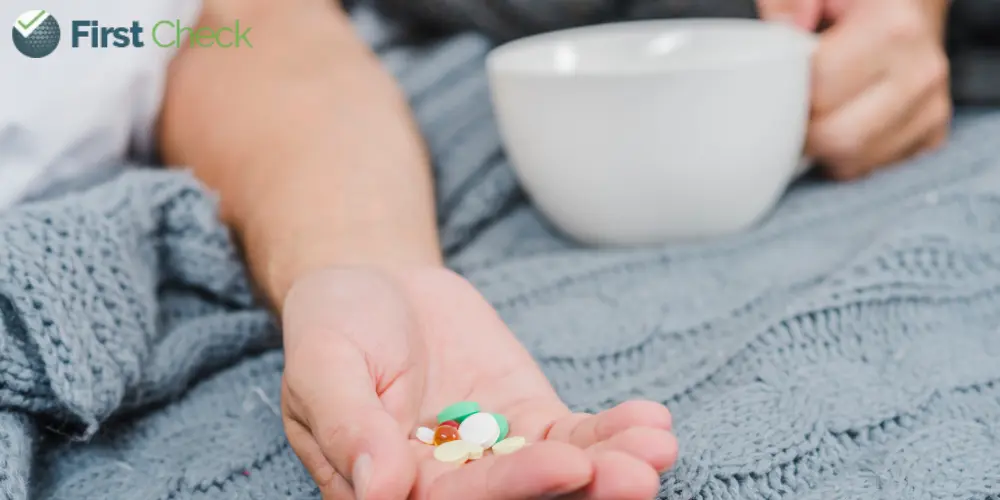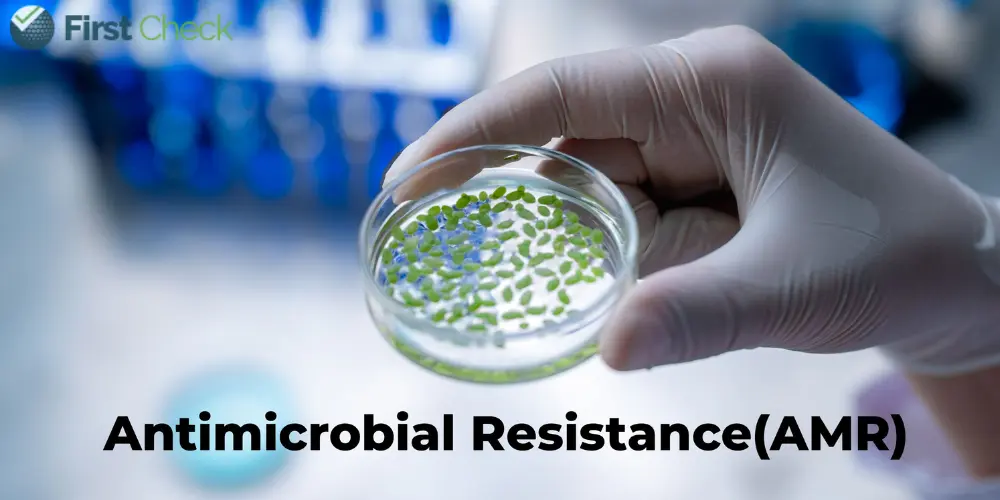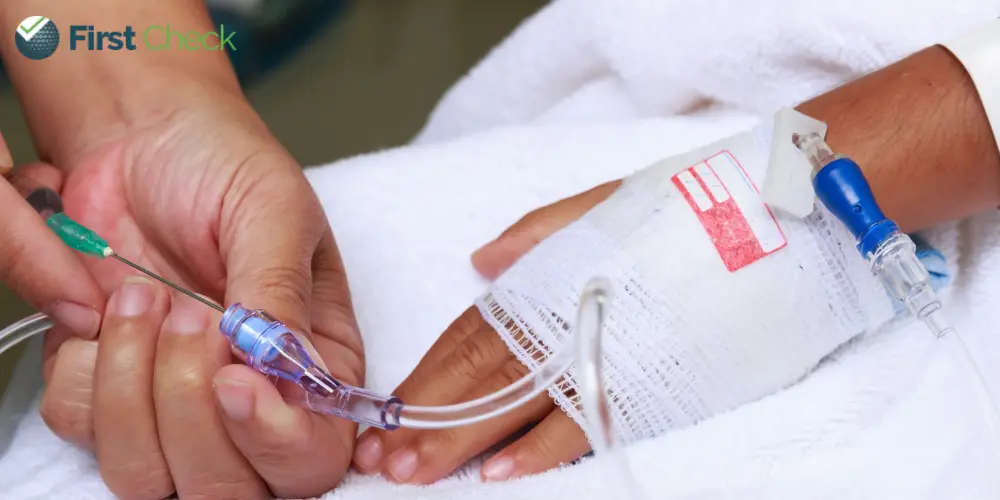WHO flags misinformation and disinformation as major threat to global health in 2024 review
The organization warns that inaccurate information about diseases, treatments, and vaccines not only undermines trust in science but also erodes public confidence in evidence-based health policies
Author
Author
- admin / 1 year

- 0
- 3 min read

Author
Misinformation and disinformation are critical threats to global health, the World Health Organization (WHO) says in its 2024 review.
The organization warns that inaccurate information about diseases, treatments, and vaccines not only undermines trust in science but also erodes public confidence in evidence-based health policies, posing a significant challenge to global health efforts.
“During emergencies and conflicts, misinformation exacerbates health crises by fostering confusion and fear and diverting resources from a coordinated response,” WHO says in the report titled “WHO looks back at 2024, A year of health highlights, breakthroughs and challenges.”
“This erosion of public trust is leaving populations vulnerable to preventable diseases and fueling inequities. Governments, health agencies, and partners need to safeguard public trust by responding to misinformation and disinformation directly and effectively,” the report adds.
The report highlights the Antimicrobial Resistance (AMR) as one of the major challenges in 2024.
“World leaders agreed a major declaration to address AMR, one of the most urgent global health threats we face today. A headline commitment is to reduce the global death toll from drug-resistant bacteria by 10% by 2030,” it notes.
The report highlights key resolutions adopted by WHO Member States at the 2024 World Health Assembly, focusing on urgent health challenges. These include addressing the profound health risks posed by climate change, promoting social participation to enhance public involvement and trust in health systems, and urging countries to align economic, social, and environmental actions to prioritize the health of their people.
The investment case, on the other hand describes how a stronger, more efficient and results-oriented WHO can support governments and partners in their efforts to improve the health of their populations and to achieve the health-related Sustainable Development Goals.
To address important challenges faced in global health, WHO launched its first Investment Round: a new approach to mobilizing predictable and flexible resources for WHO’s core work for the next 4 years (2025–2028), the report mentions.
“Working with existing donors and other partners, the Investment Round also aims to attract new donors through an inclusive engagement process that will culminate at the G20 leaders’ summit chaired by Brazilian President Lula da Silva,” the WHO says
“The Investment Round is supported by a growing group of co-hosts: France, Germany, Norway, Brazil, Mauritania (for the African Union), South Africa, and the Kingdom of Saudi Arabia.”
(Do you have a health-related claim that you would like us to fact-check? Send it to us, and we will fact-check it for you! You can send it on WhatsApp at +91-9311223141, mail us at hello@firstcheck.in, or click here to submit it online)









